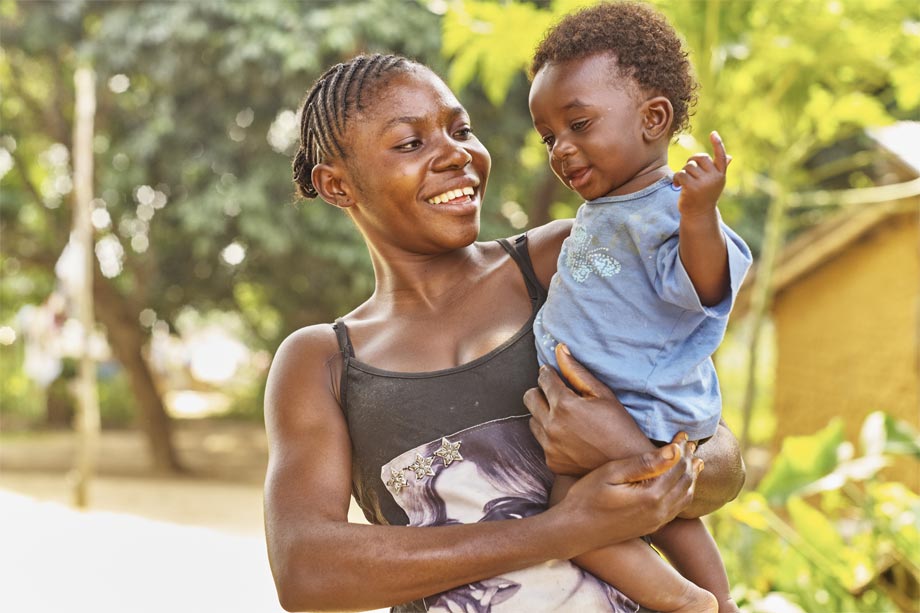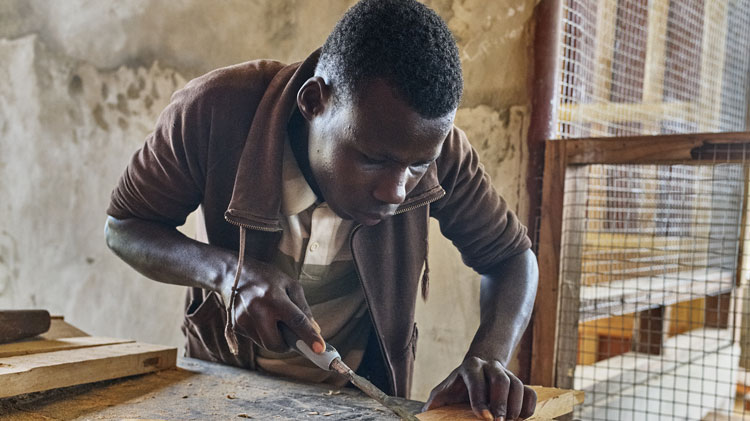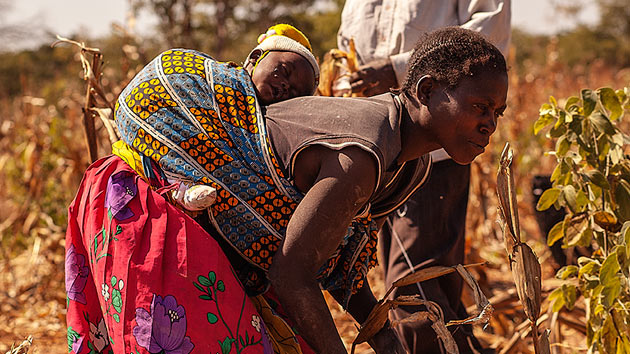1. Legal notice
The holder of this website is CODESPA Foundation (hereinafter “CODESPA”), registered in the Foundations Register with no./28/0832, with tax identity number (CIF) no. G-78.096.187 and with address in Calle Rafael Bergamín 12-Bajo Madrid 28043.
The present conditions of access and use regulate the basis of the obligations corresponding to the browsing and use of all resources provided through the Website [*] (hereinafter, the “Website”). The use of the Website implies full acceptance of each and every one of the provisions included in these conditions in the version published by CODESPA at the time the User accesses the Website. CODESPA also informs users that the Conditions of Access and Use of the Website may be modified without prior notification; the periodical reading of its content is therefore recommended.
The use of certain services offered to the Users through the Website may be subject to their own particular conditions which, depending on the case, replace, complete and/or modify the present conditions. Therefore, before using said services, the User must also carefully read and accept the applicable particular conditions.
2. Conditions of access and Use of the Website
The User undertakes to make a diligent use of the Website and the services accessible therefrom, in accordance with current legislation, good customs, the present conditions and, where relevant, the applicable particular conditions, as well as maintaining due respect to other Users.
In this regard, the User states that he will not use any of the materials and information contained in this Website for illicit purposes or which are expressly prohibited in the present conditions and/or in the particular conditions enabled where applicable.
The User shall be liable for any of the unauthorised uses referred to and any use which damages, renders useless, overloads, deteriorates or prevents the normal use of the materials or information contained in the Website, the information systems or the documents, files and all class of content stored in any computer (hacking) of CODESPA or of any Website User.
3. Disclaimer
CODESPA shall make all reasonable attempts that the contents of the Website are current and revised, without this involving any guarantee of the suitability, accuracy or integrity of the information provided. In short, CODESPA does not guarantee that the information contained in the Website is exact, complete or current and, in consequence, it should be relied upon as if this were the case. CODESPA expressly declines any liability for any error or omission in the information contained in the Website.
In no case shall CODESPA be responsible for damages that may arise due to access or impossibility of access to the Website.
CODESPA shall in no case be responsible for the content that may be directly or indirectly viewed in the Website by links or hyperlinks, which may be unilaterally removed by CODESPA at any time. The links contained in this Website do not indicate the existence of any contractual relationship between the entities holding the indicated websites and CODESPA.
4. User participation
Users have the possibility of sharing their knowledge and opinions in different sections of the Website.
CODESPA cannot control all the content and opinions published in the Website; in any case, the opinions shall be reviewed on a regular basis to guarantee the quality principles of CODESPA and these rules, with CODESPA reserving the right to eliminate without prior notice the content published by users in the Website that do not respond to said principles and to restrict the participation of certain users. In no case can CODESPA be considered liable for the comments or opinions made by Users in the Website.
This space for users must never be used for advertising purposes.
5. Industrial and intellectual property rights
5.1. Industrial property
The name CODESPA Foundation, as well as other distinctive signs (graphic or word) which appear in this Website, are duly registered. CODESPA holds the exclusive right to use them publicly. In consequence, their use by third parties is prohibited without express authorisation.
The possible presence in this Site of distinctive signs with ownership different to those indicated in the previous paragraph shall be performed without commercial purposes and with the authorisation of their legitimate owners, always with due respect for their rights.
5.2. Domain name
The domain name “codespa.org” and all those that serve to access the present Website directly are owned by CODESPA, and their use exclusively corresponds to CODESPA. The improper use of them in economic trade would involve an infringement of the rights granted by their registration.
5.3. Intellectual Property
The contents, texts, photographs, designs, logotypes, images, sounds, videos, animations, recordings, computer programmes, source codes and, in general, any intellectual creation existing in this Website are protected as copyright by the intellectual property legislation.
With the exception of works which, due to the time legally established having passed or for any other cause, have come into public domain or are not protected by intellectual property legislation, all authors whose creations are accessible through this Website have assigned CODESPA the rights of reproduction and public communication of their works.
The user is expressly authorised by CODESPA to view, print, copy or store in its hard disk or in another physical format, the protected content (including PDF format files), whenever this is for personal and private purposes of the user or for its use as source of information in conferences and training courses, for which purpose it must explicitly indicate CODESPA as source of the information used.
The use of any materials available in the Website is prohibited for commercial purposes, of online dissemination or distribution as well as the modification, alteration or decompilation of said content.
The authorisation for personal use of the materials provided in the Website is understood to be made provided that warnings regarding copyright and intellectual property made here are respected intact, and it does not involve the assignment of any license to the user. Any other use will require the express written authorisation of CODESPA.
5.4. Images
All images of this site are property of CODESPA Foundation and are protected by copyright, with the exception of logos of companies and collaborating organisations. The undue use without express consent of the organisation may be considered a legal offence.
Jerónimo Ribero, professional photograph, has voluntarily assigned us the intellectual property of some of the photos that may be found in this Website.
6. Registration for the newsletter and sending online communications
The subscription to our newsletter is free and always has the user’s prior consent.
In compliance with Act 34/2002, of 11 July, on the Information Society and Electronic Commerce, users can revoke the consent given to receiving these communications at any time through a link included in the actual communication by informing of this by e-mail to protecciondatos@codespa.org.
Should you need any clarifications, you can contact us in the following e-mail: codespa@codespa.org or by phoning +34 91 744 42 40.
Última actualización:
22 de March, 2018



